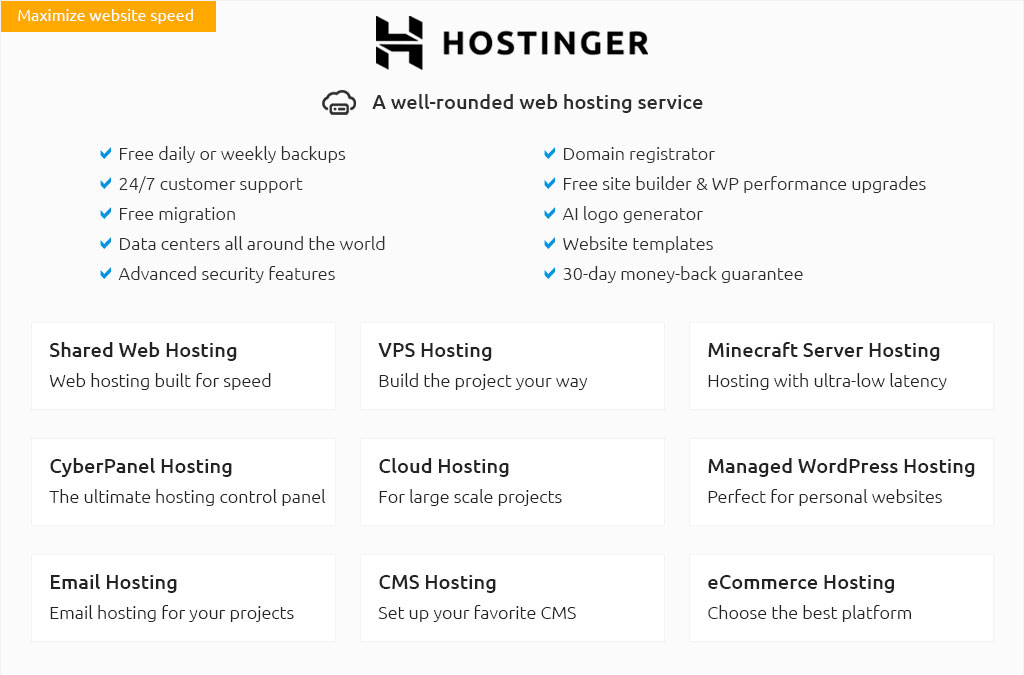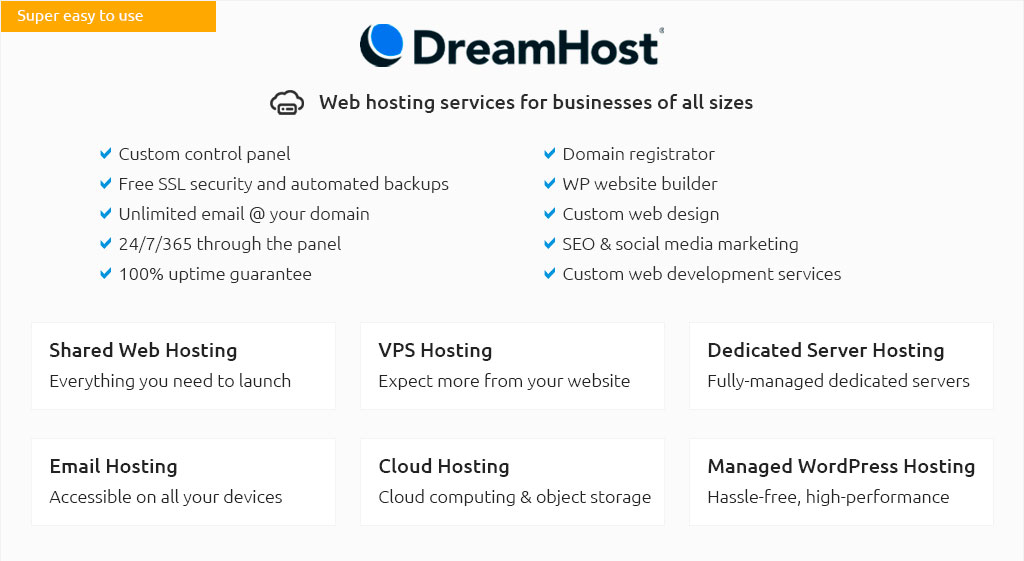 |
|||
 |
 |
 |
|
 |
|
 |
 |
 |
|||
 |
|||
 |
|||
 |
|||
 |
 |
|
Welcome to the ultimate authority on web hosting reviews, where your journey to self-host your website begins with clarity and confidence-imagine taking full control of your online presence, empowered by our expert insights and unbiased evaluations that cut through the clutter; we know the web hosting landscape inside out, and our mission is to arm you with the knowledge to make informed decisions, ensuring your site not only survives but thrives in today's digital world; forget the jargon and empty promises-here, you'll find straightforward, actionable advice that's as bold as your ambitions, because when it comes to hosting your own website, you deserve nothing but the best.
https://github.com/awesome-selfhosted/awesome-selfhosted
Self-hosting is the practice of hosting and managing applications on your own server(s) instead of consuming from SaaSS providers. This is a list of Free ... https://www.reddit.com/r/selfhosted/comments/l1bk66/how_to_securely_selfhost_a_website_or_web_app/
To secure the CloudFlare->Server channel you can download a free TLS certificate issued by CloudFlare which only works with CloudFlare but is valid for 15 ... https://cprimozic.net/blog/my-selfhosted-websites-architecture/
I run everything off of a single dedicated server from OVH hosted in Hillsboro, Oregon. I chose that location because I live in Seattle and get nice ping to it ...
|